By Heather Lowe, June 2, 2015
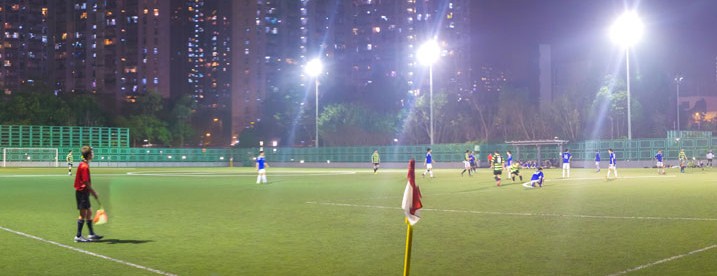
GFI’s Heather Lowe Proposes Reinvesting FIFA Forfeiture Funds in Inner-City Youth Soccer Programs
Following from my blogs on Friday and Monday about different aspects of the FIFA case, I’d like to talk a little bit about the forfeiture funds and penalty payments that the U.S. Department of Justice (DOJ) will be collecting in this case and what will happen to them. A proceeding like the FIFA case can result in a really large pile of cash that will be under DOJ control. Unless the Defendants are acquitted of the charges against them at trial or the DOJ decides to drop the case against a Defendant for some reason, we can expect that the DOJ will be collecting from those Defendants the bribe money that they received, anything they bought with that money that will then be auctioned off (for example, check out the list of real estate that will likely go under the hammer in Florida and Georgia from paragraph 343 of the indictment), and, possibly, additional fines in the form of penalties. It is going to add up.
Recouping Expenses
It is obviously critical that the DOJ, Federal Bureau of Investigation (FBI), Internal Revenue Service (IRS) and other government agencies that were involved in this case are able to recoup the money they spent working on this investigation over the past few years. Another way of looking at it is that they need to keep a sizable chunk in order to ensure that they have the resources to work cases like this over the next few years. No matter how you slice it, that’s important to American taxpayers as well, who pay less in taxes because the DOJ and other agencies are able to fund part of their work through forfeiture and penalty payments instead of through tax dollars. Win-Win.
By Heather Lowe, June 1, 2015
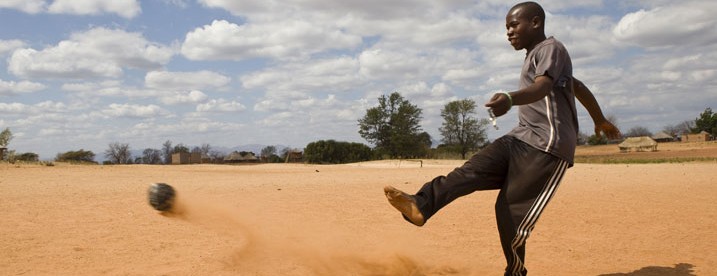
The FIFA Bribery Case Could Lead to Compensation for the Victims of FIFA’s Alleged Corruption
You may have noticed that the U.S. Department of Justice (DOJ) is making sure that we have an idea of whom the victims in this FIFA corruption case are. They noted it in their press release, talked about it at their press conference, and included it in the indictment at paragraph 73. I agree with the Department of Justice that the victims of this case are important. This blog is about why this case could potentially lead to compensation for those victims in a way you might not have considered.
So who are those victims? The DOJ’s indictment describes how FIFA, the FIFA confederations, the confederation members (including national member associations), youth leagues, and development programs all lost out on funds from the marketing contracts that may have been more lucrative for FIFA if there had been competitive bidding for the contracts. In addition, other sports marketing companies that may have lost out on a bid to secure the marketing rights—or may never even had a chance to bid—are also victims.
For those of us that work on development issues, this is a particularly important point. Commercial bribery distorts markets. Among other things, it can:
- prevent honest firms from winning bids and therefore stymie their growth,
- block new companies from entering a market, and
- weaken that market in general because the best service, price, processes, etc., are no longer going to rise to the top, keeping market standards low and depriving consumers of better quality services and products.
When a country or industry is plagued by endemic bribery, these negative economic effects increase exponentially and a country’s economy cannot grow. That’s why the DOJ doesn’t want large-scale bribery taking root in the U.S., and rightly so.
By Heather Lowe, May 29, 2015
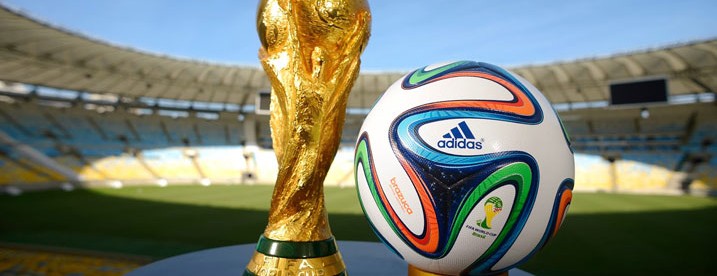
This was a very exciting week for lawyers who are sports enthusiasts – the Department of Justice indicted fourteen FIFA officials, alleging that they are part of what one could conclude from reading the indictment is a massive, multifaceted, bribery ring. Informal allegations have been made before, and the whispers that FIFA is synonymous with bribery and corruption have been growing louder over the years. But this week the Department of Justice shouted it from the mountain top (or, perhaps more accurately, in front of a lot of the international press corps, which was probably more effective).
There are a number of interesting facets to the case that is now before us. The first is that for a case about bribery, a charge of bribery seems to be conspicuously absent. The Defendants were indicted for a “pattern of racketeering activity,” including charges of violating the Travel Act in aid of racketeering, money laundering, money laundering conspiracy, wire fraud, wire fraud conspiracy, and other charges that do not expressly include bribery. Why is that?
By Max Heywood, Global Financial Integrity, August 12, 2014
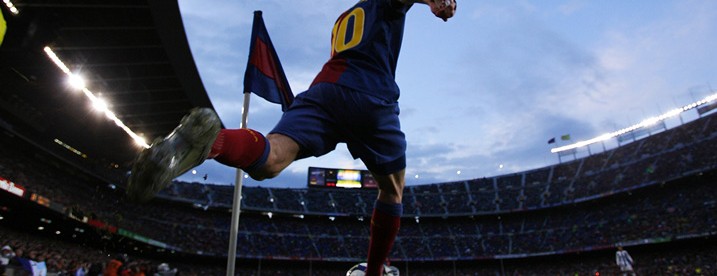
Lionel Messi’s Tax Troubles Should Increase Pressure on Politicians to Curb the Abuse of Anonymous Companies
The ongoing prosecution of football super star Lionel Messi for alleged tax evasion made global headlines last week. Messi and his father Jorge are accused of evading 4.2 million euros (US$5.6m) in tax on sponsorship earnings in court documents submitted by the prosecutor.
The alleged tax evasion scheme was based on using a web of anonymous shell companies registered in tax havens such as Belize and Uruguay, as highlighted by our colleagues at Global Witness. These shell companies were linked to other anonymous companies in what the prosecutor calls “convenience jurisdictions” such as the UK and Switzerland.
By Grace Zhao, June 5, 2014
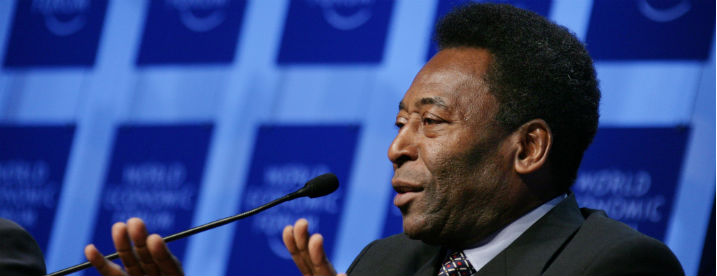
Pele’s son, Edinho, has been sentenced to 33 years in jail on money laundering charges.
Edinho, a former professional soccer player, was accused of using his father’s name to run businesses that conducted money laundering. Edinho was linked to drug cartel boss Ronaldo Duarte Barsotti, known as Naldinho, who allegedly controlled a large drug operation in Brazil’s southeast region.
Prosecutors say that Edinho connected the armed and the financial parts of the cartel and operated from the city of Santos, where he worked as a goalkeeping coach. According to a Santos-based newspaper, Naldinho and Edinho were tapped discussing the illicit money transactions by starting a new business.





